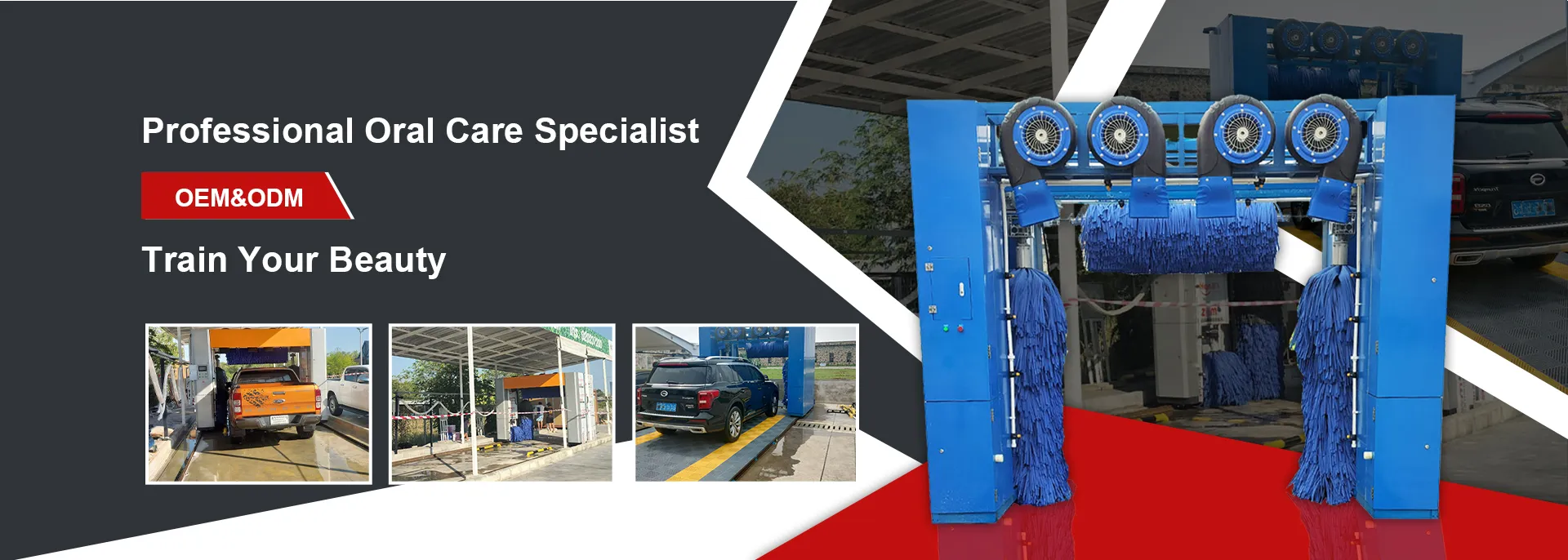
- Afrikaans
- Albanian
- Amharic
- Arabic
- Armenian
- Azerbaijani
- Basque
- Belarusian
- Bengali
- Bosnian
- Bulgarian
- Catalan
- Cebuano
- Corsican
- Croatian
- Czech
- Danish
- Dutch
- English
- Esperanto
- Estonian
- Finnish
- French
- Frisian
- Galician
- Georgian
- German
- Greek
- Gujarati
- Haitian Creole
- hausa
- hawaiian
- Hebrew
- Hindi
- Miao
- Hungarian
- Icelandic
- igbo
- Indonesian
- irish
- Italian
- Japanese
- Javanese
- Kannada
- kazakh
- Khmer
- Rwandese
- Korean
- Kurdish
- Kyrgyz
- Lao
- Latin
- Latvian
- Lithuanian
- Luxembourgish
- Macedonian
- Malgashi
- Malay
- Malayalam
- Maltese
- Maori
- Marathi
- Mongolian
- Myanmar
- Nepali
- Norwegian
- Norwegian
- Occitan
- Pashto
- Persian
- Polish
- Portuguese
- Punjabi
- Romanian
- Russian
- Samoan
- Scottish Gaelic
- Serbian
- Sesotho
- Shona
- Sindhi
- Sinhala
- Slovak
- Slovenian
- Somali
- Spanish
- Sundanese
- Swahili
- Swedish
- Tagalog
- Tajik
- Tamil
- Tatar
- Telugu
- Thai
- Turkish
- Turkmen
- Ukrainian
- Urdu
- Uighur
- Uzbek
- Vietnamese
- Welsh
- Bantu
- Yiddish
- Yoruba
Cost Analysis of Automatic Car Wash Systems for Businesses and Consumers
The Cost of Automatic Car Wash Systems A Comprehensive Analysis
In today’s fast-paced world, vehicle maintenance is often overlooked, leading to increasing demand for efficient and reliable car wash systems. Among the various options available, automatic car wash systems stand out due to their convenience and effectiveness. However, the cost of these systems can vary significantly, impacted by a multitude of factors such as technology, location, and the type of service offered. This article delves into the costs associated with automatic car wash systems and what potential owners should consider before investing.
Initial Investment
The initial cost of purchasing an automatic car wash system can range broadly, typically from $30,000 to $500,000 or more, depending on the size and type of equipment. For instance, a simple in-bay automatic system might be on the lower end of the spectrum, while a high-capacity tunnel car wash will likely cost significantly more due to its complexity and size. Additional features such as advanced washing technology, drying systems, and eco-friendly options also contribute to the overall cost.
Installation Expenses
Beyond the purchase price, installation costs must also be taken into account. This can add another 10-30% to the overall cost, depending on the complexity of the equipment and local labor rates. Proper installation of an automatic car wash system is crucial, as it ensures the system operates efficiently and meets safety standards. It is essential for operators to work with experienced professionals to avoid costly mistakes that could arise from improper setup.
Operating Costs
Maintaining an automatic car wash system also incurs ongoing operating costs. Key expenses include water, electricity, and supplies such as soap and wax. Water usage is a significant factor, especially in regions with water scarcity, where regulations may limit consumption. Modern systems often employ water recycling technologies to help mitigate these costs, but it’s essential to research local water rates and any potential conservation measures that could affect pricing.
cost of automatic car wash system

Labor costs play another crucial role in the overall operating expenses of an automatic car wash system. While automatic systems can reduce the need for extensive manual labor, at least some staffing is still required to oversee operations, handle customer service, and perform maintenance tasks. Depending on the size of the facility and hours of operation, labor costs can add up quickly.
Profit Margins and Market Factors
For entrepreneurs considering entering the car wash business, understanding profit margins is vital. While automatic car washes can attract a high volume of customers, the gross margins can vary based on service pricing, location, and competition. Typically, automatic car washes can charge anywhere from $10 to $30 per wash, with premium services fetching higher prices. However, it's essential to conduct a market analysis to determine competitive pricing strategies.
Return on Investment
Evaluating the return on investment (ROI) for an automatic car wash system is crucial. Many operators aim for a payback period of 2 to 4 years, depending on their market and growth potential. Key performance indicators such as daily wash volume, average ticket price, and customer retention rates will significantly impact ROI. It's advisable for potential owners to create a detailed business plan that outlines all costs and projected revenues to assess the feasibility of their investment thoroughly.
Conclusion
In conclusion, the cost of automatic car wash systems encompasses various factors, from initial investment and installation to ongoing operating expenses. While the upfront costs may seem substantial, the long-term benefits, including streamlined operations and the potential for high profitability, can make it a worthwhile endeavor. Entrepreneurs must conduct thorough research and planning to ensure their success in this competitive industry. With proper management and marketing strategies, an automatic car wash can be a lucrative business venture that meets consumer demands for convenience and quality service.
-
Integrating Aqua Tunnel Car Wash in Shopping CentersNewsJun.24,2025
-
Gas Station with an Auto Car Wash MachineNewsJun.24,2025
-
Efficiency in Your Aqua Tunnel Car Wash: Power & Water-SavingNewsJun.24,2025
-
Car Wash Business with Advanced Auto Car Cleaning MachinesNewsJun.24,2025
-
Balancing Setup Costs with Aqua Tunnel Car WashNewsJun.24,2025
-
Aqua Tunnel Car Wash: Eco-Design for the Energy-Savvy EntrepreneurNewsJun.24,2025



